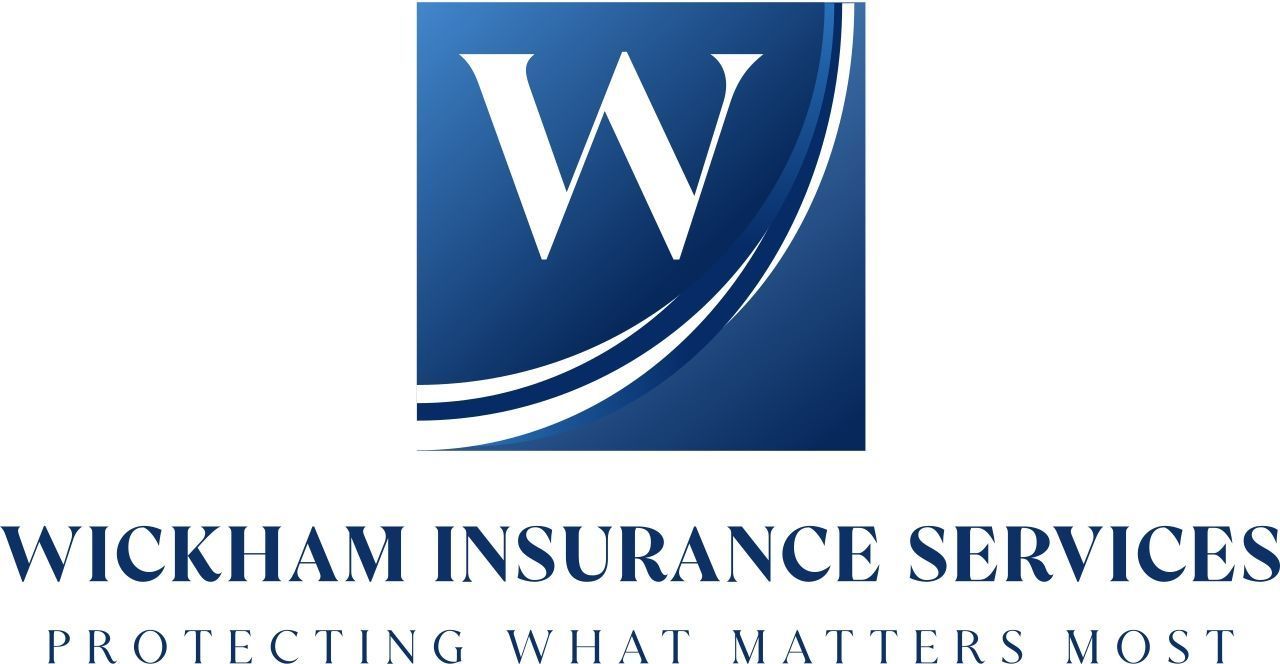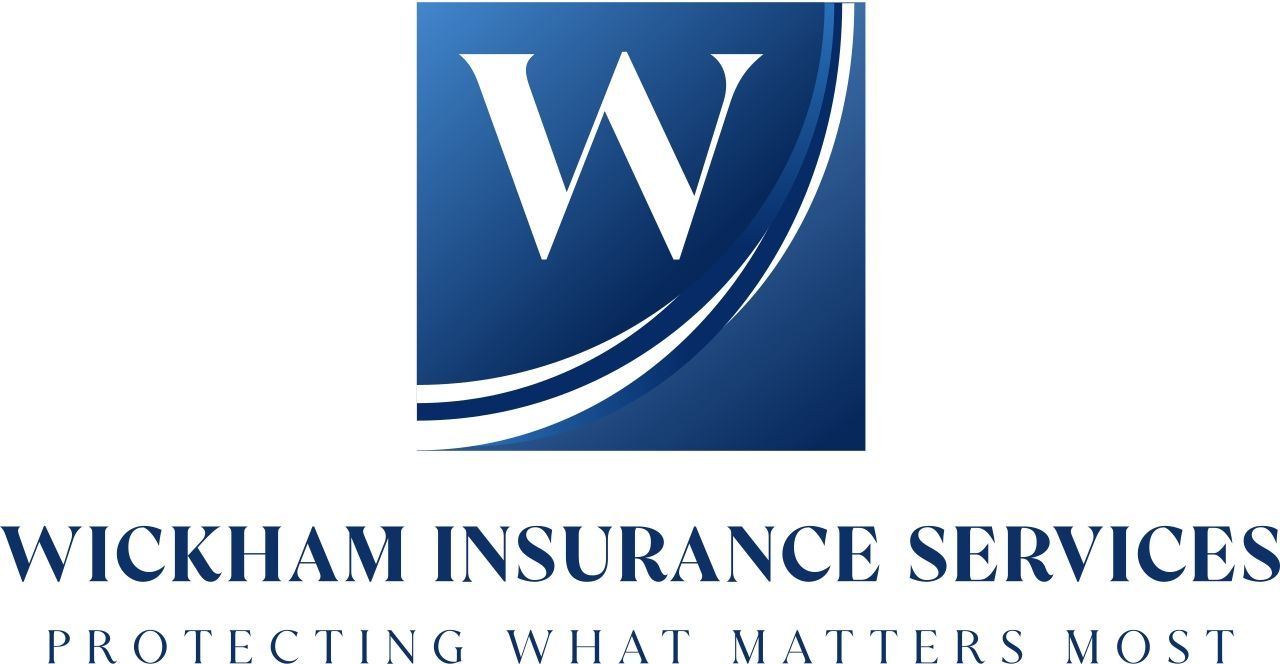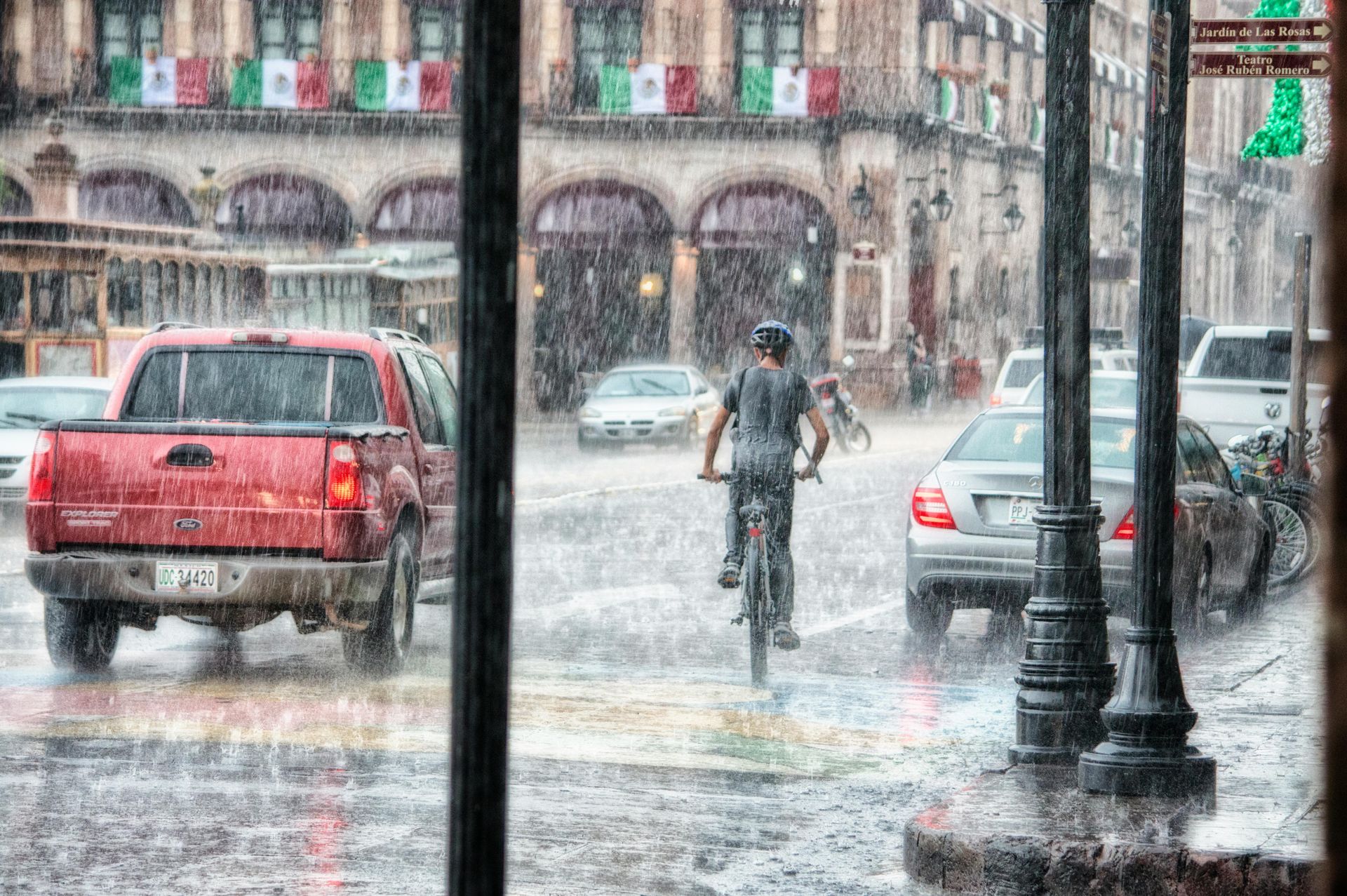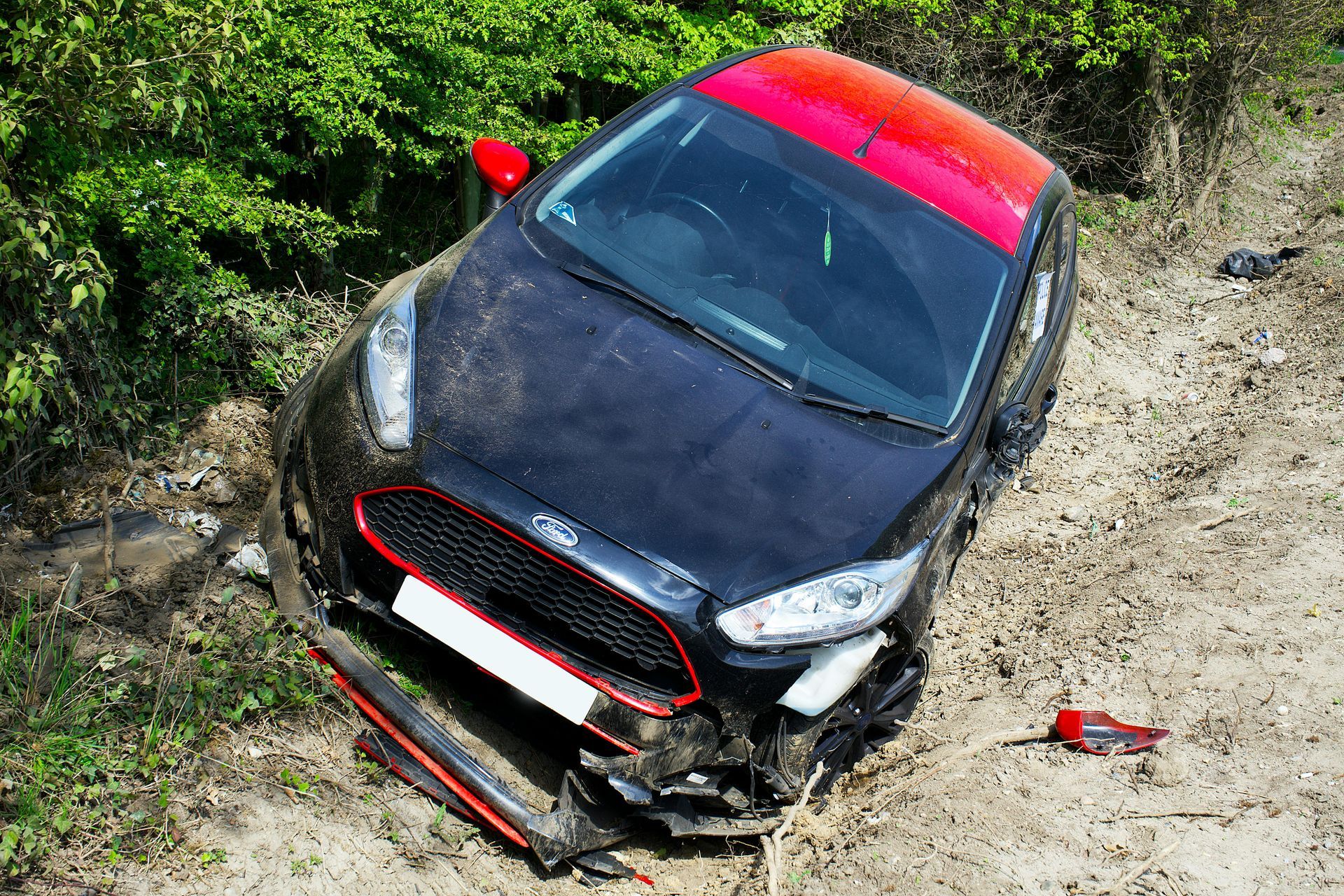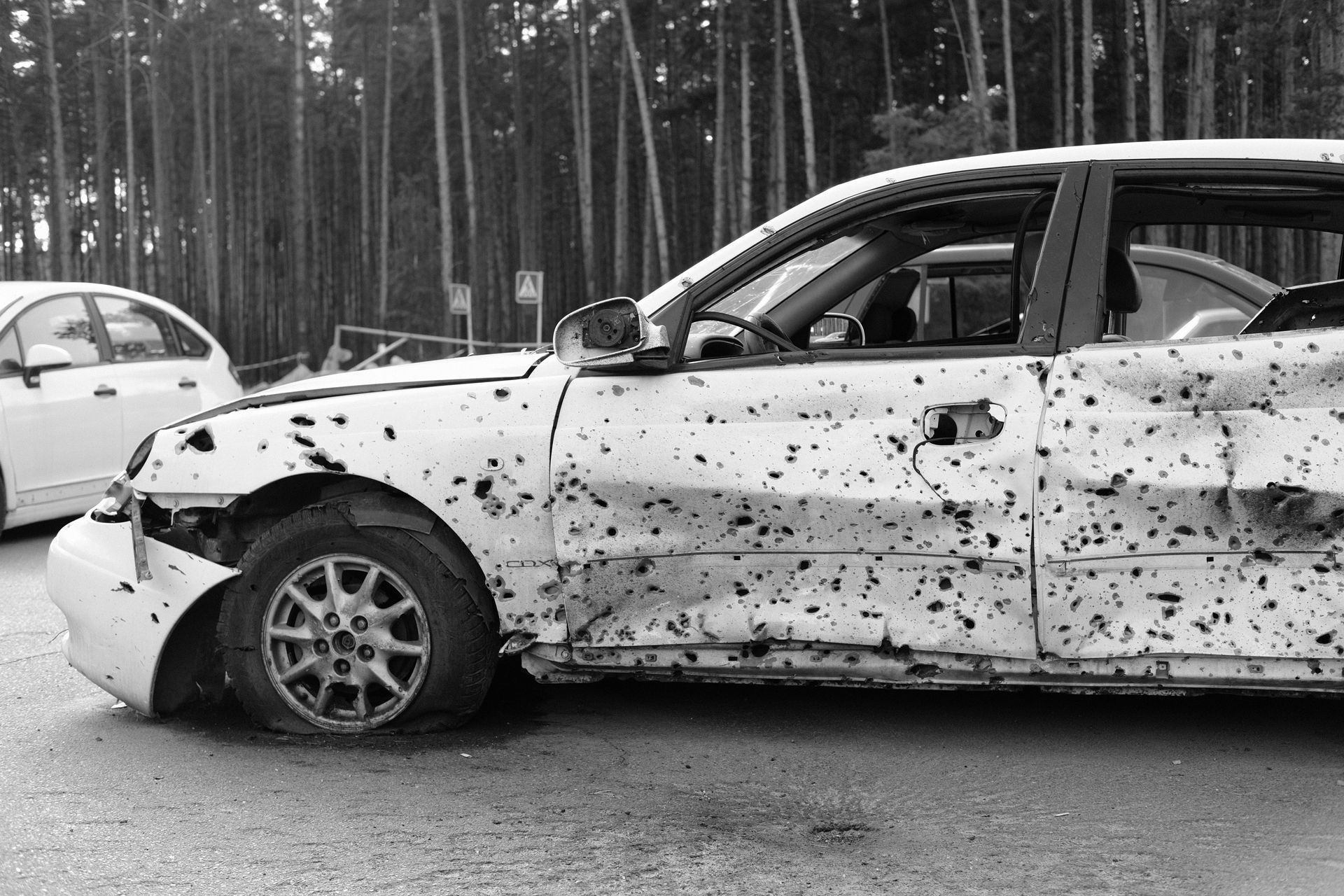Make Smarter Decisions For Your Vehicle
Protect your auto with the correct coverages for anything that comes your way.
Quick and Easy Quotes
In the majority of instances, our specialists can provide your quote within a few hours.
The Claim Process
Our carriers offer quick and straightforward claim filing procedures, accessible via phone or online.
Secure Your Vehicle
Our support team is available every day during the week to ensure that things run smoothly. You’ll always find the help you need.
Liability Coverage
Nearly every state mandates a minimum level of liability insurance, which safeguards against expenses incurred by others in the event of an accident you cause, offering you financial protection from personal lawsuits. This insurance is divided into two categories:
Bodily injury liability: This type covers expenses related to injuries, including medical bills and lost income.
Property damage liability: This insurance addresses the costs of repairing or replacing damaged vehicles and property, such as fences or mailboxes.
Medical Payments (MedPay) or Personal Injury Protection (PIP) Coverage
Both Medical Payments (MedPay) and Personal Injury Protection (PIP) provide coverage for medical expenses incurred by you and your passengers following an accident, irrespective of fault, up to the limits specified in your policy.
Uninsured and Underinsured Motorists Coverage
Uninsured motorist coverage safeguards you in the event of an accident with a driver lacking insurance. Likewise, underinsured motorist coverage is available if the at-fault driver carries only minimal insurance—like the state-mandated minimum liability—but insufficient to cover all your expenses. Similar to liability insurance, both uninsured and underinsured motorist coverage consist of two components: bodily injury, which addresses medical expenses, and property damage, which covers repair costs.
Collision and Comprehensive Coverage
If you find yourself in an accident that isn’t your fault, the other driver’s insurance (or your uninsured motorist coverage) will cover the repairs to your vehicle. However, if your car sustains damage in an accident that is determined to be your fault, or due to a natural disaster, you will need to depend on your own insurance policy. This is where two optional but essential coverages come into effect.
Collision coverage: assists in covering damages resulting from a collision with another vehicle or an object, such as a fence or tree.
Comprehensive coverage: aids in paying for damages caused by incidents other than collisions, like falling trees, floods, or fires. Comprehensive coverage also protects against situations where your car is stolen or broken into.
Coverage is also available for specialty situations. For example, classic car insurance covers vintage or collectible vehicles, while a non-owner policy offers liability protection if you occasionally drive someone else's car.
The Cost of Car Insurance
The cost you incur for car insurance is referred to as a premium, and it can vary considerably based on several factors, including your:
- Age
- Gender, in states where it's allowed
- Vehicle's make, model, and age
- Driving history
- Insurance and claims background
- Credit score, in states permitting its consideration
- Selected coverages and limits
- Deductibles
- Applicable discounts, such as for vehicle safety features or bundling multiple policies
Paying a higher amount for car insurance does not automatically equate to a superior policy. Similarly, opting for a lower premium isn’t inherently negative; however, it could imply that you might lack sufficient coverage in the event of a significant accident. While car insurance may appear costly, driving without it can lead to fines and, in some instances, jail time in certain states.
We have connections with many of the highest-rated companies, ensuring that you can be confident we've secured the most economical price with the right coverages.
SR-22
SR-22 insurance is not actually insurance. It’s a “certificate of insurability” sometimes required for high-risk drivers. SR‑22 filings are also referred to as an SR‑22 bond, SR‑22 certificate, or SR‑22 form, depending on the state.
If you were convicted of a DUI or had your license suspended or revoked, or just had too many tickets in too little time, you might need SR‑22 auto insurance. It’s also usually necessary if you were at fault for an accident when driving without insurance. Without an SR‑22 filing, there’s likely no getting back your driver’s license or registration.
These forms are usually filed by your insurance company to certify that you are carrying the state minimum coverage required for liability insurance. What happens if you cancel your car insurance? The insurance company will let the state know about the canceled coverage right away by filing an
SR‑26 form.
SR‑22 insurance is usually necessary for a certain period of time, which varies depending on state laws, as well as the reason for your license suspension or revocation. If you or your insurance company has filed an SR‑22 filing and you cancel your insurance policy, then you should expect revocation of your license and registration. You’ll also go back to square one when it comes to how long you must have an SR‑22 auto insurance filing.
1805 N 169th Plaza, Suite B, Omaha, NE 68118

